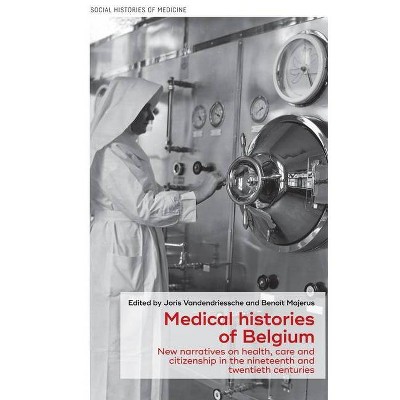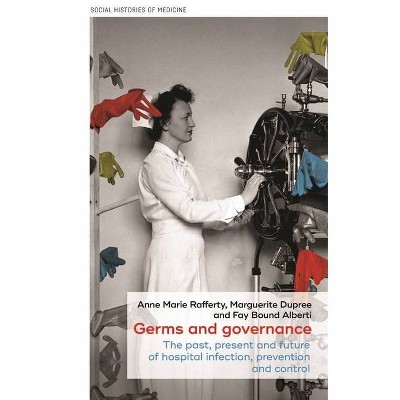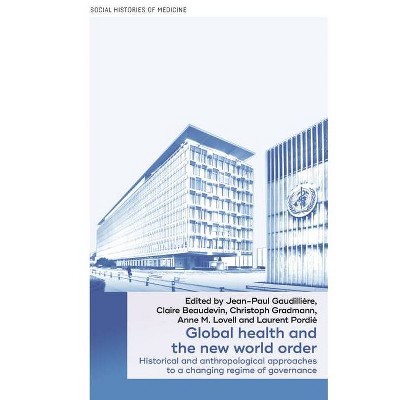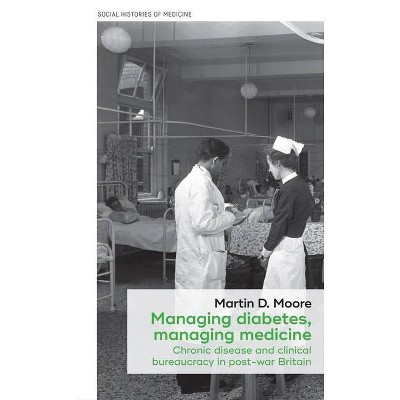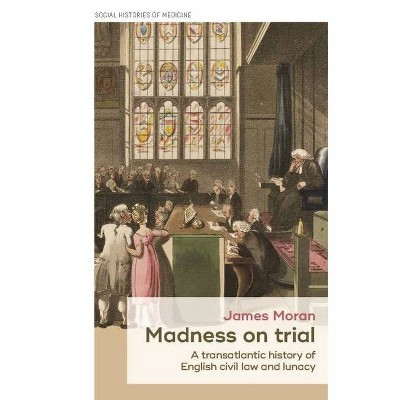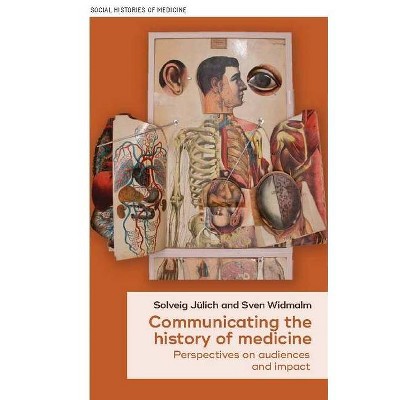Accounting for Health - (Social Histories of Medicine) by Axel C Hüntelmann & Oliver Falk & David Cantor (Hardcover)
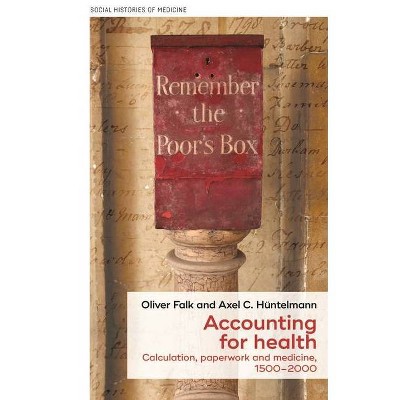
Similar Products
Products of same category from the store
AllProduct info
<p/><br></br><p><b> About the Book </b></p></br></br>Linking calculative practices and medicine, this book suggests a broader understanding of accounting. With a longue duree perspective the book investigates how calculative practices have affected medical knowing and how these practices changed over time in various countries of the Western world.<p/><br></br><p><b> Book Synopsis </b></p></br></br>Whether in the Swiss countryside or in a doctor's office in Boston, in German, English or French hospitals or within multinational organizations, with early vaccinations or with new pharmaceuticals from Big Pharma today, or in early modern Saxon mining towns or in Prussian military healthcare - for at least 500 years, accounting has been an essential part of medical practice with significant moral, social and epistemological implications. Covering the period between 1500-2000, the book examines in short case studies the importance of calculative practices for medicine in very different contexts. Thus, <i>Accounting for Health </i>offers a synopsis of the extent to which accounting not only influenced medical practices over centuries, but shaped modern medicine as a whole<i>.</i><p/><br></br><p><b> From the Back Cover </b></p></br></br>For most people, accounting is closely associated with money and accumulation. This book suggests a much broader understanding of the concept - as a set of calculative practices and technologies that transform objects into manageable units and enable practices of reckoning, valuing, controlling, justifying, communicating or researching. Applying its definition of accounting to the field of medicine, the book reveals the epistemological, social and moral dimensions involved. Making a living from medical treatment has serious ethical implications, as current debates about the economisation of medicine attest. But these debates rarely acknowledge that profiting from the pain and suffering of other people was as problematic in 1500 as it is today. Some versions of these patterns and problems have been with health and medicine for centuries - not only in the modern sense of economic efficiency, but also in a traditional sense of good medical practice and medical accountability. Spanning a period of five-hundred years and covering various western institutional settings, <i>Accounting for health </i>provides a fascinating description of the ways calculative practices have affected medical knowledge.<p/><br></br><p><b> Review Quotes </b></p></br></br><br>'Hüntelmann (Charité hospital, Berlin) and Falk (Univ. of Zürich) have brought together a group of gifted scholars to examine the intersecting histories of accounting and medicine, including structures and practices from both endeavors, while also giving due attention to economic history. Geographically, contributors focus on Western Europe and the US. Twin emphases, on recordkeeping and the methods of book history, inform each of the fourteen chapters, perhaps because the volume emerged from a larger project on paper technologies. For instance, in three ledgers kept between 1760 and 1820, Philip Rieder finds different purposes for keeping the records but similar competitions among physicians, who billed by social group rather than by service performed; Theodore Porter explores how 19th-century asylum directors organized data in reports to the state; while Andrea Rusnock shows how medical and financial accounting were mutually reinforcing methods of demonstrating a charity's effectiveness to donors. Other chapters consider various dimensions of medical research as well as public and private insurance in the 20th century. This book is likely to influence and even inspire further academic studies on health care, with impact comparable to that exercised by <i>The History of Mathematical Tables</i>, as edited by Martin Campbell-Kelly and others (CH, May'04, 41-5270), on the broader histories of mathematics and computing.' <i>--A. K. Ackerberg-Hastings, independent scholar</i> Summing Up: Highly recommended. All readers. Reprinted with permission from <i>Choice Reviews</i>. All rights reserved. Copyright by the American Library Association.<br><p/><br></br><p><b> About the Author </b></p></br></br>Axel C. Hüntelmann is Research Fellow in the Institute for the History and Ethics of Medicine at the Charité - University of Medicine Berlin Oliver Falk is Research Fellow in the Institute of Biomedical Ethics and History of Medicine at the University of Zurich
Price History
Cheapest price in the interval: 120.99 on November 8, 2021
Most expensive price in the interval: 120.99 on December 20, 2021
Price Archive shows prices from various stores, lets you see history and find the cheapest. There is no actual sale on the website. For all support, inquiry and suggestion messagescommunication@pricearchive.us
